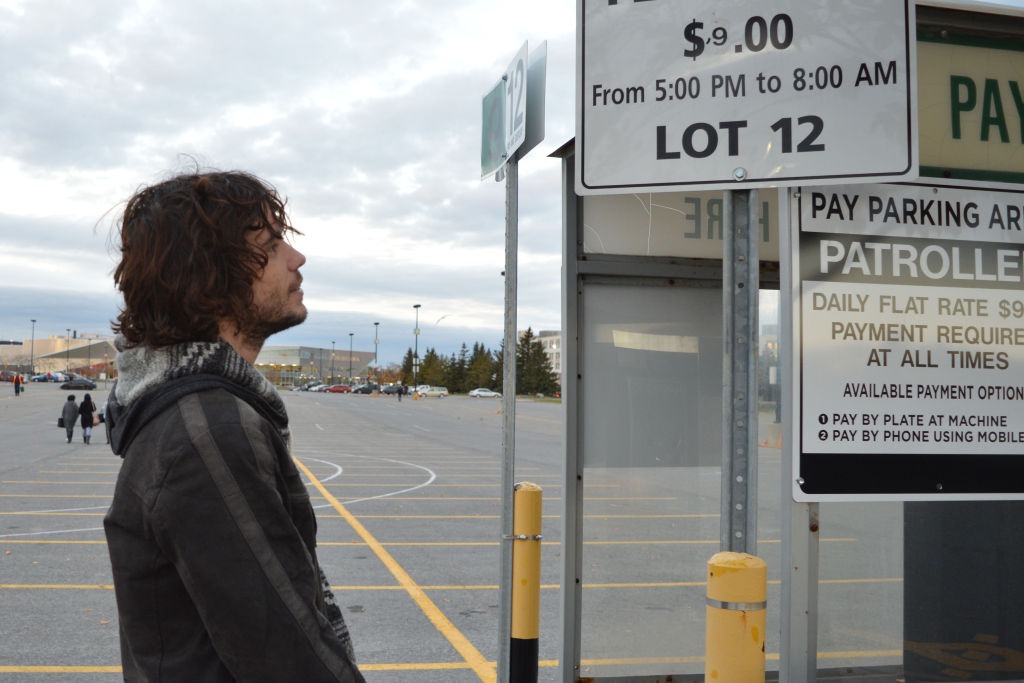With fees rising from $577 to $595 for green permits, the college’s waiting list for parking passes declined sharply this September.
According to Roch Lafond, manager of Parking, Lockers, Coin-Ops and Card Services, this was the biggest change brought about by the implementation of the U-Pass.
Usually, most lots sell out, but this year the red and green lots were the only ones to sell out completely. The waitlist for red and green, which is normally between three and five hundred, sunk to 80.
Lot 12, which has a daily rate of $9 (raised from last year’s $8) has seen less use this year than before.
However, it isn’t demand that drives the prices.
“We do research,” said Lafond. “We follow the trend of what parking is in Ontario – what the city is doing. Three per cent seems to be the going rate for an increase.”
The price hike has affected all parking fees on campus, aside from pay and display.
“Obviously we try to keep the price so we can maintain the lots,” Lafond said, citing multiple costs, including painting, repairing and lighting.
Although prices are not based on student demand, this means that if demand increases, prices will not necessarily reflect that.
The rise has led the SA to examine supply and demand for parking later this year.
“Definitely parking is something that is expensive,” said Sara Grainger, president of Algonquin’s Students’ Association. “We want to look at (prices) and make sure they aren’t completely unreasonable.”
Grainger said that one of the reasons the SA implemented the U-Pass was so that students could save a couple hundred dollars by taking the bus instead of paying for parking.
“We’ll be making sure the cost doesn’t exceed what it is costing the college,” she said. “But we trust that the college is doing their research before raising the costs.”
With school starting a week later, it’s difficult to gauge whether lots sold out faster or slower than previous years, but Lafond said that the results seem similar.
According to Brian Billings, assistant director of the Department of University Safety at Carleton, parking sales and prices on their campus haven’t been affected by the U-Pass.
Lafond said that the University of Ottawa did not notice a large difference either. However, he noted that Ottawa has a similar size parking area as Algonquin, but twice the number of students.
Still, it is fairly early in the year to determine the true effect the U-Pass has had on demand at Algonquin.
“We need a couple years to know what the trend is,” said Lafond.



